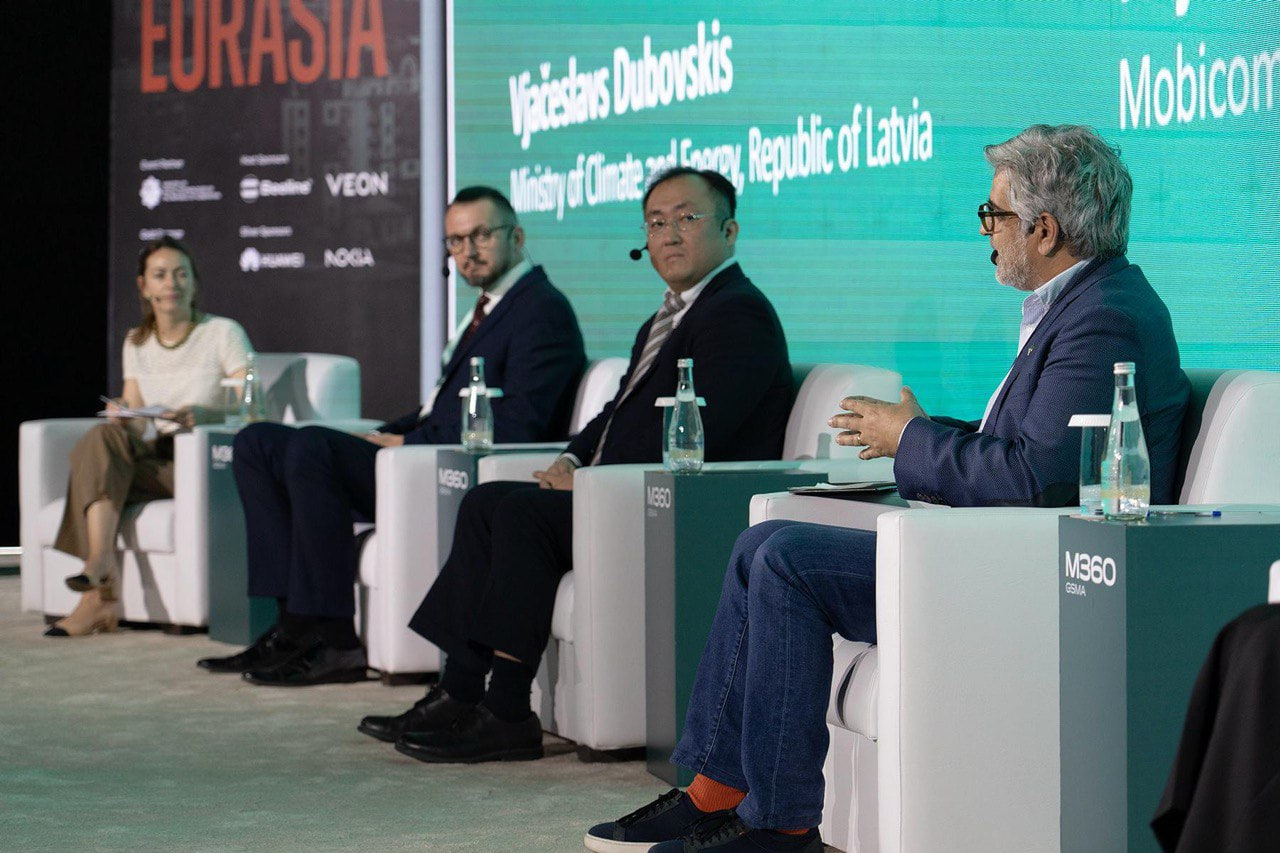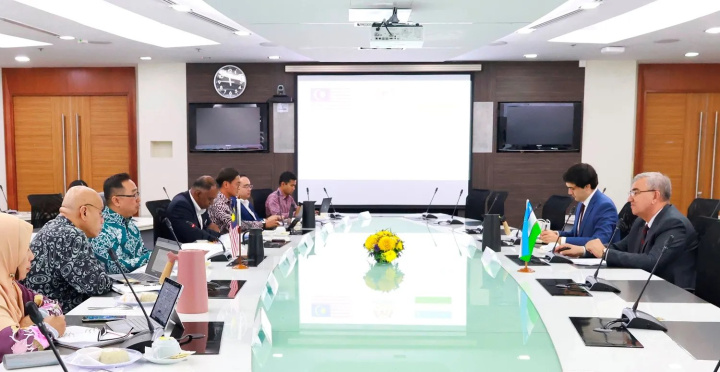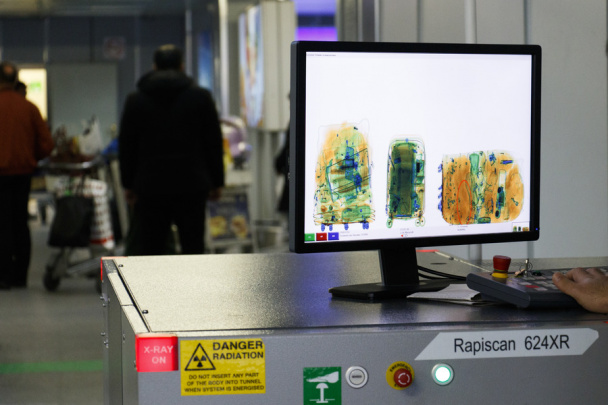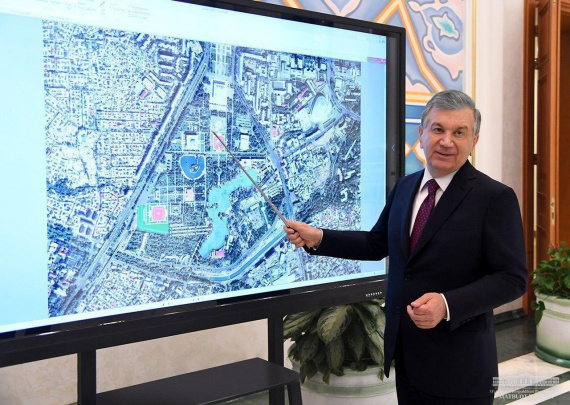From big data to 5G: Uzbekistan hosts GSMA's M360 Eurasia, signaling digital ambitions
The GSMA’s flagship regional event, M360 Eurasia 2025, being held on May 21–22, has brought together global and regional stakeholders from across the connectivity ecosystem to shape the future of digital transformation in Central Asia.

Organized by GSMA, the global voice of the mobile industry, M360 Eurasia is part of a broader portfolio of high-level forums, alongside MWC events in Barcelona, Kigali, Las Vegas, and Shanghai.
“Our vision is to unlock the full potential of connectivity so that people, industry, and society thrive,” the GSMA said in a statement. “We convene everyone who’s anyone in the mobile space to bring about real business and societal impact.”
Cybersecurity and big data: A regional innovation drive
As the telecommunications industry continues to evolve, new players and areas for collaboration are emerging, particularly in the fields of cybersecurity and big data.
“We enable telecom operators to truly leverage big data,” said Artem Rychko, Chief Data and AI Officer at 7 Generation, a Kazakhstan-based cybersecurity company. “From lawful interception to anti-fraud systems and advertising, we extract data from calls, SMS, internet usage, and geolocation to power insights and monetization.”
Rychko emphasized that telecom is a "goldmine" of behavioral and location data. Using machine learning, his company segments and labels users to enable targeted advertising and fraud prevention. Already working with major operators in Kazakhstan, 7 Generation is now expanding into Africa, the Middle East, and soon – Uzbekistan.
He also noted a broader industry trend: the rise of high-load, AI-powered analytics and the growing prioritization of cybersecurity in national digital strategies.
AI-powered network automation: Global expertise eyes Uzbekistan
The transformative potential of AI was also stressed by Basar Akpinar, CEO and Co-founder of P.I. Works, a global leader in mobile network automation headquartered in Istanbul. Operating in over 50 countries and serving 1.7 billion mobile subscribers, the company applies AI to automate and optimize mobile networks – from the U.S. to Singapore.
“In every sector, higher service means higher value. But in telecom, it's stagnant. With 5G and AI, we can change that. We've already launched such models in Singapore,” Akpinar said.
The EU’s digital strategy for Central Asia
Beyond private-sector innovation, international cooperation was another key theme. Paulius Vaina, an expert from C4CA (Connectivity for Central Asia) – a European Commission-funded initiative – shared insights into a new regional program under the Global Gateway strategy.
“Our project supports ICT policy and regulation, digital skills, innovation, and cybersecurity,” said Vaina. “We work directly with ministries and regulators to create better legislation, improve market competition, and expand connectivity – especially in rural areas.”
He emphasized that connectivity is foundational: without meaningful internet access – be it mobile, fixed, or satellite – there can be no digital economy.
“We aim to bring European regulatory expertise to support independent institutions, open markets, and long-term digital growth,” he said.
According to Vaina, fostering independent regulatory bodies, encouraging market competition, and ensuring the institutional separation of business, regulation, and policymaking are critical to unlocking the region's digital potential.
“Competition leads to investment. The more competition, the more investment – and the better the quality of services. Every euro invested in telecom can generate up to €1.8 in economic return,” he noted.
While the EU brings experience, Vaina acknowledged the political and administrative diversity across Central Asia:
“We want to share our knowledge. It’s not easy – different systems, different political landscapes. But we are ready to help the countries in the region move forward more effectively.”
A platform for regional digital leadership
This inaugural M360 Eurasia event has the potential to become a lasting platform for stakeholder engagement and the advancement of sustainable digital development across the region.
According to GSMA data, mobile technology is expected to contribute $270 billion to Eurasia’s economy by 2030, amounting to 8.3% of the region’s GDP. By that time, 5G connections are projected to reach 143 million, comprising 41% of all mobile connections. As of 2024, around 164 million people – two-thirds of the region’s population – were already using mobile internet.
“It’s the first time GSMA brought this format to Uzbekistan,” Vaina said. “If it becomes a recurring event, it could position the country as a digital hub for the whole region.”
M360 Eurasia 2025 highlights the momentum behind Central Asia’s expanding digital ecosystem – and explores what’s next in the evolving world of mobile technologies.
Related News

20:01 / 17.06.2024
Uzbekistan, Malaysia identify plans for cooperation in field of science, digital technology and innovation

17:22 / 18.02.2022
Customs posts to be equipped with 3D scanners and X-ray machines

12:00 / 19.03.2020
“Digital Tashkent” program to be implemented in the capital city

11:27 / 31.01.2020



